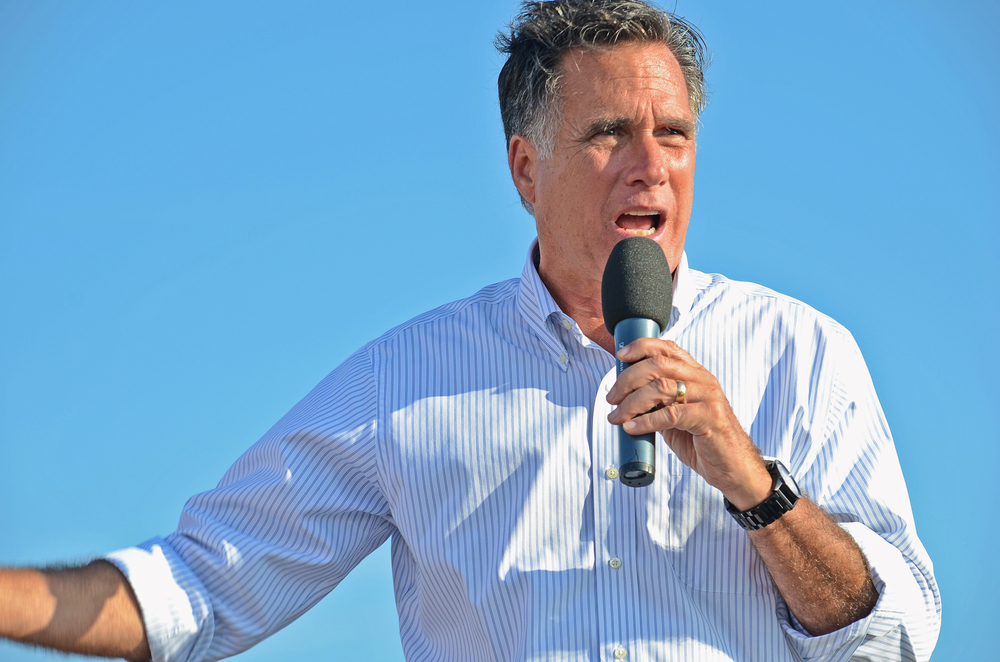
Republican Presidential Candidate Mitt Romney recently rankled feathers in his own party by opposing a very popular wind energy tax credit at the federal level. Romney’s top energy advisor is from a giant oil company, and many see this as the latest of a series of moves in which his campaign is bending to the will of the fossil fuel industry.
Of the wind energy tax credit, Romney said he would terminate it if elected President, a move sure to please the fossil fuel industry, but not too many voters. A Gallup poll in March found that people were twice as likely to support solar and wind energy than coal or natural gas, and the same poll found that 69% of people favored spending more government money on developing clean, renewable energy.
From the Associated Press:
Republican Rep. Tom Latham, R-Iowa, noting that nearly 7,000 Iowans work in the wind industry, assailed the Romney campaign for ‘‘a lack of full understanding of how important the wind energy tax credit is for Iowa and our nation.’’ Iowa’s senior senator, Chuck Grassley, told reporters he didn’t believe Romney really opposed the extension, and he joined five other GOP lawmakers in voting for it in the Senate Finance Committee.
For the Romney campaign, the issue is one they are apparently willing to take what they view as a principled stand on. In other words, he’s doing the right thing, despite it being unpopular. As he sees it:
‘‘In place of real energy, Obama has focused on an imaginary world where government-subsidized windmills and solar panels could power the economy,’’ Romney wrote in a March op-ed piece published in The Columbus Dispatch in Ohio. ‘‘This vision has failed.’’
The problem, though, is that Romney is showing an alarming misunderstanding of the fundamentals of economics. By focusing only on the wind energy tax credit, he’s ignoring the $4 billion in subsidies given to oil companies every year by taxpayers, as well as the $8 billion that coal will receive over the next 9 years. This kind of economic Mr. Magoo-ism is not just a Romney epidemic. 47 U.S. Senators voted to kill wind energy subsidies but through filibuster, managed to preserve the $4 billion in oil subsidies.
In addition, there are the economic externalities. One Harvard Medical study found $345 billion in public health costs being borne by the taxpayer were a result of coal-fired pollution. If these direct results of operations of coal plants are factored in, the cost of coal per kilowatt jumps to more than 3x the cost of wind, whose side-effects on public health are relatively non-existent. Mr. Romney is many things, but dumb is not one of them. So the bottom line is that he is playing favorites, with the backing of oil money, at the expense of, well, everyone, including voters in Iowa, where 7,000 jobs have been created in wind energy.
Clearly, his hope is that this pandering will win him enough campaign contributions to buy advertising and convince the masses that there are far more important things than the true cost of coal.
See more from Scott Cooney on Inspired Economist
Follow Scott Cooney on Twitter
Photo courtesy of Shutterstock.



